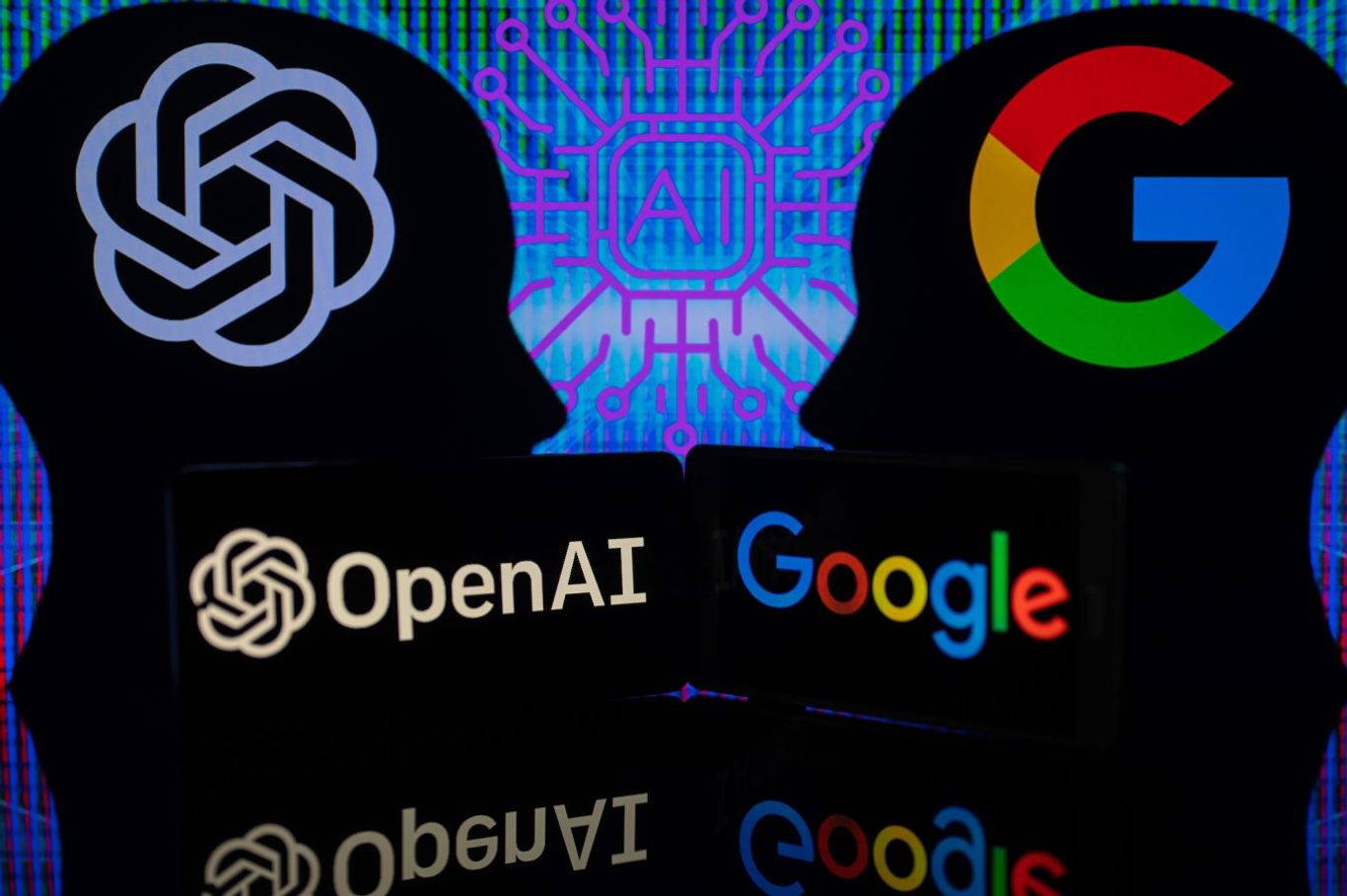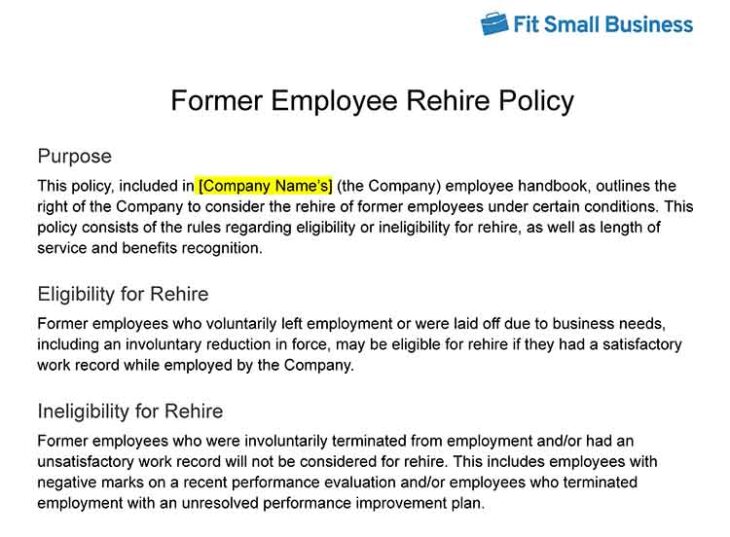Trump Administration's Influence On European AI Regulatory Framework

Table of Contents
Data Privacy and the GDPR
The Trump Administration's Stance on Data Privacy
The Trump administration generally favored a more lenient approach to data privacy compared to the EU's stringent General Data Protection Regulation (GDPR). This contrasting stance significantly influenced the development of European AI regulation.
- Emphasis on deregulation and free-flowing data: The administration prioritized minimizing regulatory burdens on businesses, believing that free-flowing data was essential for economic growth and technological innovation. This contrasted sharply with the GDPR's focus on individual data protection rights.
- Criticism of the GDPR as a barrier to transatlantic data flows: The Trump administration repeatedly criticized the GDPR, viewing it as a barrier to transatlantic data transfers and a potential impediment to trade between the US and the EU. This led to concerns about potential trade disputes and hindered seamless data exchange crucial for AI development.
- Potential trade disputes and threats of retaliatory measures: The administration's dissatisfaction with the GDPR occasionally manifested as threats of retaliatory trade measures against the EU, further intensifying the tension between data protection and transatlantic cooperation in the AI sector.
The impact of these stances on the GDPR's development was subtle but noteworthy. While the EU didn't significantly alter the core tenets of the GDPR, the pressure from the US likely influenced the EU's approach to international data transfers, leading to a focus on finding solutions that balanced data protection with facilitating cross-border collaboration.
Transatlantic Trade Relations and AI Development
Impact on AI technology transfer and collaboration
The trade tensions between the US and EU under the Trump administration significantly impacted the exchange of AI technologies and collaborative research projects. The uncertainty created by this period influenced the Trump Administration's influence on European AI regulation.
- Restrictions on data sharing and technology transfer: The strained relationship led to increased scrutiny of data sharing and technology transfers between the US and EU, creating obstacles for collaborative AI development projects and potentially hindering innovation.
- Uncertainty surrounding future trade agreements: The unpredictable nature of US trade policy under the Trump administration made it difficult for European AI companies to plan long-term investments and collaborations with US counterparts, creating a climate of uncertainty and risk aversion.
- Impact on investment in European AI research and development: The challenges to transatlantic collaboration may have indirectly affected investment in European AI research and development, as companies weighed the risks and benefits of transatlantic partnerships.
Specific examples of collaborations affected are difficult to isolate definitively, as many factors contributed to the success or failure of individual projects. However, the overall climate of uncertainty undoubtedly impacted the volume and nature of collaborations, potentially slowing the pace of AI development on both sides of the Atlantic.
Regulatory Divergence and the "Brussels Effect"
The EU's Response to the Trump Administration's Approach
The EU's response to the Trump administration's approach to data privacy and technology regulation was largely characterized by a desire for autonomy and a determination to establish distinct standards from the US. This contributed significantly to the Trump Administration's influence on European AI regulation.
- Increased focus on ethical considerations in AI development: The EU's response emphasized ethical AI principles, reflecting a desire to diverge from a US model that prioritized economic growth above all else. This led to increased focus on algorithmic transparency, accountability, and bias mitigation.
- Emphasis on data protection and user rights: The GDPR continued to serve as the cornerstone of the EU's approach, solidifying its commitment to strong data protection and user rights as fundamental components of its AI regulatory framework.
- Development of a more stringent and comprehensive regulatory framework: The EU responded by developing increasingly comprehensive and stringent regulations aimed at governing various aspects of AI development and deployment, underscoring its commitment to a distinct regulatory approach.
The “Brussels Effect,” which refers to the phenomenon where EU regulations influence global standards, is relevant here. Despite the Trump administration's contrasting approach, the EU's regulatory choices potentially shaped global AI standards, exerting a significant influence beyond its borders.
Long-Term Implications for European AI Strategy
Assessing the Lasting Impact on the European AI Landscape
The Trump administration's influence on European AI regulation left a lasting mark on the European AI landscape.
- Increased regulatory scrutiny and complexity: The EU's response to the Trump administration resulted in a more complex and stringent regulatory environment for AI development, leading to challenges for businesses navigating these rules.
- Potential for fragmentation in the global AI market: Regulatory divergence between the EU and US might lead to fragmentation in the global AI market, creating challenges for companies operating across jurisdictions.
- Opportunities for innovation within a framework emphasizing ethical considerations: While the regulatory complexity presents challenges, the EU's focus on ethical AI may also create opportunities for innovation, particularly in areas such as explainable AI and responsible data handling.
The current challenges and future directions for European AI policy are directly linked to the legacy of the Trump administration. Navigating the complexities of a more fragmented global AI market and balancing the need for innovation with robust ethical guidelines remain key priorities.
Conclusion:
The Trump administration's policies significantly influenced the development of the European AI regulatory framework, primarily through its approach to data privacy and transatlantic trade relations. The contrasting philosophies led to regulatory divergence and a stronger emphasis on ethical considerations and data protection in the EU. These developments have created both challenges and opportunities for European AI development. For a deeper understanding of the complexities surrounding the Trump Administration's influence on European AI regulation and its ongoing implications, further research into specific EU AI regulations and their evolution is recommended.

Featured Posts
-
 Trumps Stance On Banning Congressional Stock Trading Key Takeaways From Time Interview
Apr 26, 2025
Trumps Stance On Banning Congressional Stock Trading Key Takeaways From Time Interview
Apr 26, 2025 -
 Voice Assistant Development Revolutionized Open Ais 2024 Announcements
Apr 26, 2025
Voice Assistant Development Revolutionized Open Ais 2024 Announcements
Apr 26, 2025 -
 Rehired After Layoff Navigating A Job Offer From Your Former Employer
Apr 26, 2025
Rehired After Layoff Navigating A Job Offer From Your Former Employer
Apr 26, 2025 -
 The Rise Of Chinese Automakers A Competitive Analysis
Apr 26, 2025
The Rise Of Chinese Automakers A Competitive Analysis
Apr 26, 2025 -
 Congressional Stock Trading Ban Trumps Position And The Time Interview
Apr 26, 2025
Congressional Stock Trading Ban Trumps Position And The Time Interview
Apr 26, 2025
